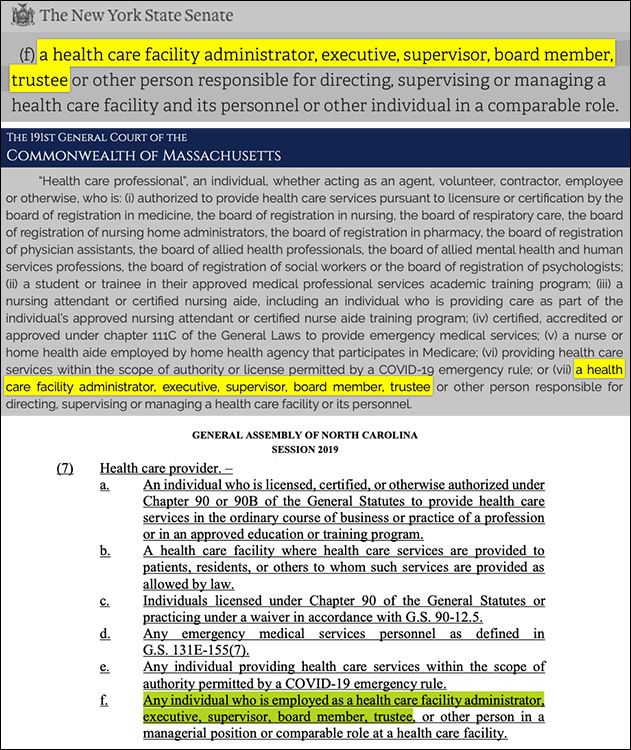A month ago, as New York became the national coronavirus/COVID-19 epicenter, many were hailing Gov. Andrew Cuomo as a hero.
Looking and sounding far more of a leader at his daily press briefings than Donald Trump, and totally locking down New York so to “flatten the curve,” there was even talk (albeit informal) about a Cuomo presidential run, or the possibility of his unseating former Vice President Joe Biden for the Democratic party’s presidential nomination at this summer’s national convention.
Andrew Cuomo is the governor of one of the nation’s largest and most populated states, home to the country’s largest city headquartering the United Nations, Wall Street, Broadway, JFK and LaGuardia ariports.
When the coronavirus hit, he behaved like any governor should.
But most Democrats know Cuomo is not a paragon of progressive ideals.
He is a middle-of-the-road centrist Democrat often times far too cozy with corporations, banks, and special interests.
Even amid all the heroic accolades, he was not about to disappoint them.
In 2018, while campaigning for re-election against progressive challenger, actor Cynthia Nixon, Cuomo accepted $1.25 million from the Greater New York Hospital Association (GNYHA) lobbying group.
Last month, Cuomo reciprocated this largess by signing legislation inserted into an annual budget bill which states:
“[Hospital and nursing-home companies] shall have immunity from any liability, civil or criminal, for any harm or damages alleged to have been sustained as a result of an act or omission in the course of arranging for or providing health care services [to address the COVID outbreak.]
Some argue this language intends to make it easier for nursing home corporations to profit off questionable business practices.
This extends temporary legal immunity to front-line doctors and nurses by offering more to any “health care facility administrator, executive, supervisor, board member, trustee or other person responsible for directing, supervising or managing a health care facility and its personnel or other individual in a comparable role.”
Assembly member Ron Kim and fourteen fellow state lawmakers are proposing legislation to repeal the language, stating:
“[The immunity law] egregiously uses severe liability standards as a means to insulate health care facilities and specifically, administrators and executives of such facilities, from any civil or criminal liability for negligence. Repealing this article is a much-needed step to holding health care administrators accountable and doing everything possible to stop even more preventable deaths from happening.”
Attorney Andrew G Finkelstein, managing partner at Jacoby & Meyers law firm, explained:
“The reason why neglect happens in nursing homes is executives make business decisions that result in the front line workers not having the tools–in nursing homes, the manpower–to deliver the services those workers are trained to deliver. These executives choose how much staffing will be in a nursing home and they know the more staffing that they put in, the more safe the nursing home will be–but the less [sic] profits they will make. When you remove their liability from that choice, the net effect will be less and less staffing and more and more neglect in nursing homes, because those decision-makers will know there will be no legal consequences for the decisions they make.”
According to an analysis by Syracuse University law professor Nina Kohn and the University of Houston’s Jessica L. Roberts, this makes New York one of two states to shield corporate officials from civil lawsuits and some criminal prosecution.
But the grift is growing.
19 states have enacted some degree of hospital and nursing home industry immunity during the pandemic.
But New York, Massachusetts, and North Carolina take it further.
Their immunity laws define health care providers as “a health care facility administrator, executive, supervisor, board member, trustee” or other corporate managers.
Syracuse University law professor, Nina Kohn, explained:
“The new measures granting immunity to health care providers and professionals go well beyond protecting front-line workers from lawsuits–many also provide immunity to administrators who make unreasonable and dangerous, even lethal, decisions. New York, Massachusetts, and North Carolina take protection for corporate owners and executives to a whole new level by explicitly granting immunity to board members, trustees, and directors. This is extraordinary protection which is in no way in the public interest. These states are explicitly and unabashedly giving for-profit corporations and corporate executives the green light to make unreasonable decisions that put vulnerable people in imminent danger, and letting them know that they don’t have to worry about being held legally accountable for the avoidable human damage that results.”

The United States Supreme Court has decided in three different decisions that lobbyists buying politicians is protected free speech.
So is what Cuomo and these other governors are doing illegal?
No.
But until we get money out of politics, these are the type of backroom negotiations that will continue to be filed under “business as usual”–exactly what the majority of this country seeks to change.
Democracy should belong to us, not a handful of wealthy corporate sugar daddies.
Image credit: www.thenation.com




